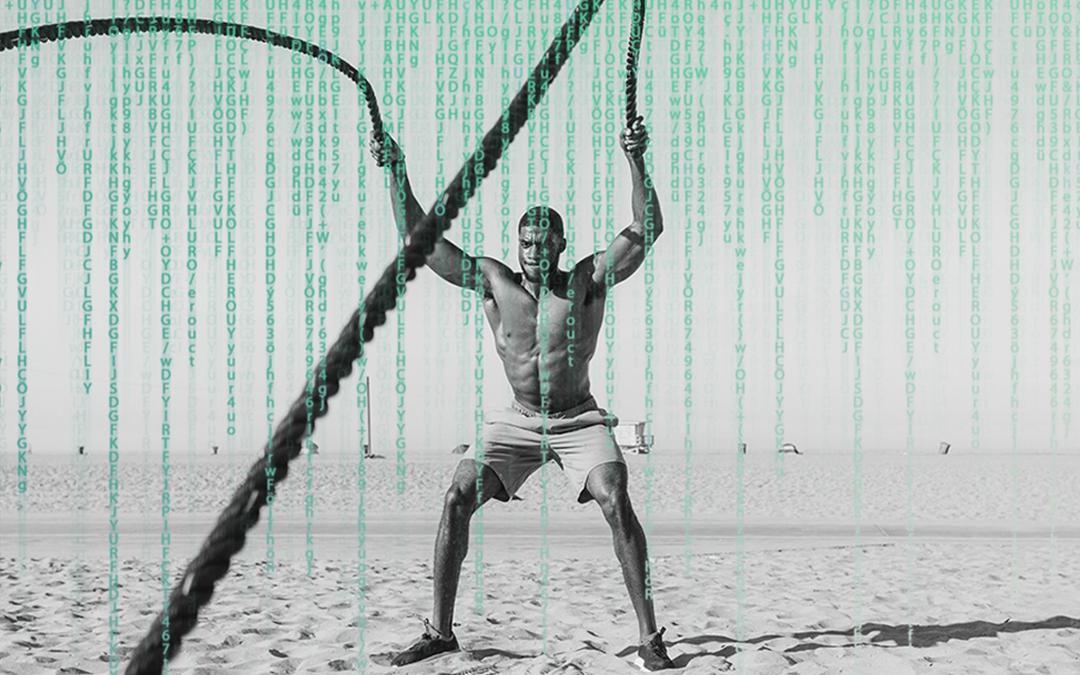I respect the quest for taking advantage of new technology and scientific discoveries in order to improve our lives, especially our health. Biohacking was one of the biggest trends in 2018, led by Dave Asprey, founder of Bulletproof and author of The Bulletproof Diet. According to his website, Asprey has spent over a million dollars hacking his biology, a process that spanned two decades and helped him lose weight and raise his IQ, among other things. Other proponents of biohacking are Ben Greenfield and the ultimate expert in life hacking, Tim Ferriss, author of the 4-Hour Workweek. But, what exactly is biohacking, and should you do it?
At its core, biohacking essentially is about doing things to your body or brain to make them function better. Of course, I’m up for that.
What troubles me about the way biohacking is being presented is tends to emphasize simple passive actions, like taking a drug or supplement or using a device, to create a shortcut around a more complicated process that takes more effort. Think, hacking into a computer to get information easier or to get around safety and security obstacles.
Think about that for a minute.
Do you really want your model for health to be based on side-stepping some proven ways to make lasting change?
Again, I’m 100% in for taking advantage of true scientific breakthroughs – incorporating them into health habits and routines to make our lives better or even longer. But to me, that is refining, tweaking, making systems better with deliberate action in a conscious way – not rerouting a whole system.
Tack, don’t hack.
When you’re sailing, you use the prevailing winds — and head straight for them, finding that optimal point that gives the most speed. A small adjustment can take you from stagnation to your fastest gains with a few simple moves — that work with what’s right in front of you (not a workaround — but a work with).Tacking is all about making progress in your desired direction.
You’re adding that gust of wind to your armamentarium of tools. You are using that wind as a boost, not as a replacement for all of the other methods that keep you on course.
Where do you want to go? What one change in your health would help propel you forward in achieving a goal that matters to you?
Are you looking to perform better at work? Then being more mentally sharp certainly would help. So, by all means, take advantage of a “biohack” like a nootropic. My blog post on “5 Tricks to Faster Thinking” can give you some tips on this. BUT use these tricks to help you TACK – to shift in the direction of higher mental prowess – while actively continuing to do other things you know help you to stay sharp, like exercising and getting enough sleep and eating right.
Use the hack as a tool – not as a shortcut.
By all means, optimize your hormones and meditate. Maybe even take metformin (after consultation with a healthcare professional) or try cryotherapy. There’s some good science to all of these – science that makes sense.
But don’t have the attitude of a passive cheat-the-system and find-a-shortcut hacker. Own the hack – use it like a strong gust of wind to help you tack – to add it to what you already know works – to get you where you want to go.
When you tack, the focus is on the destination, not the hack.


